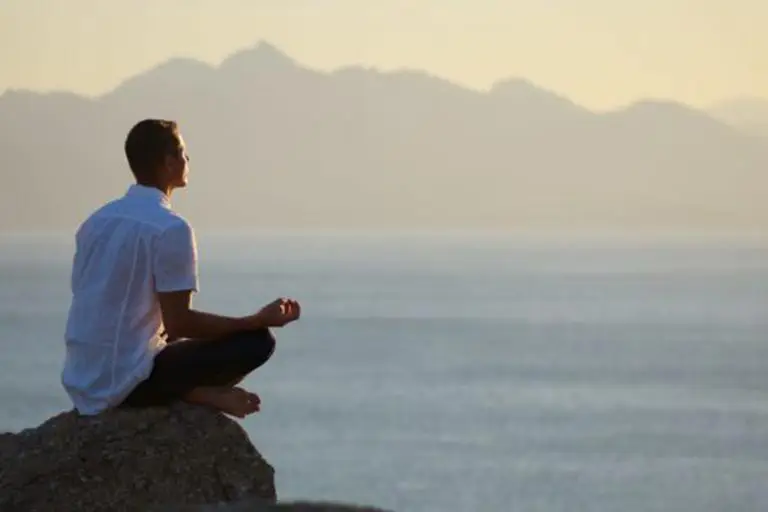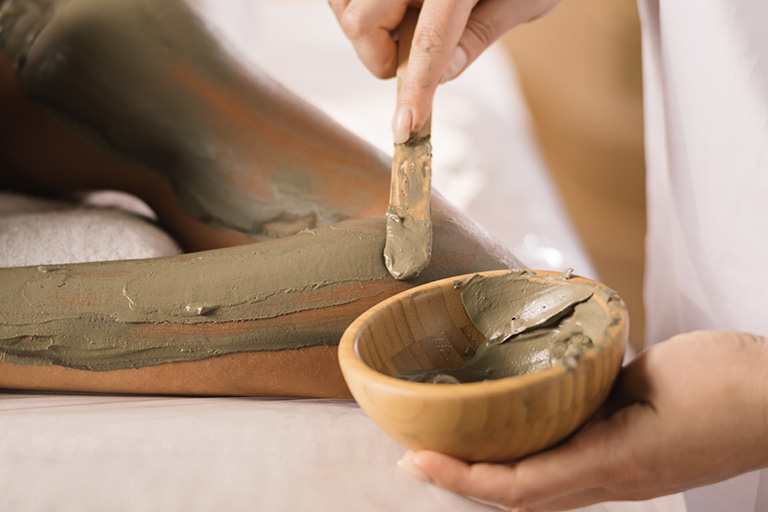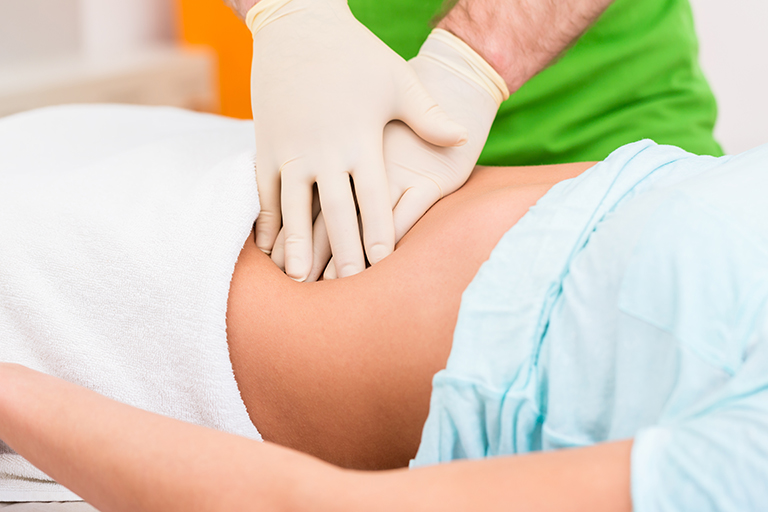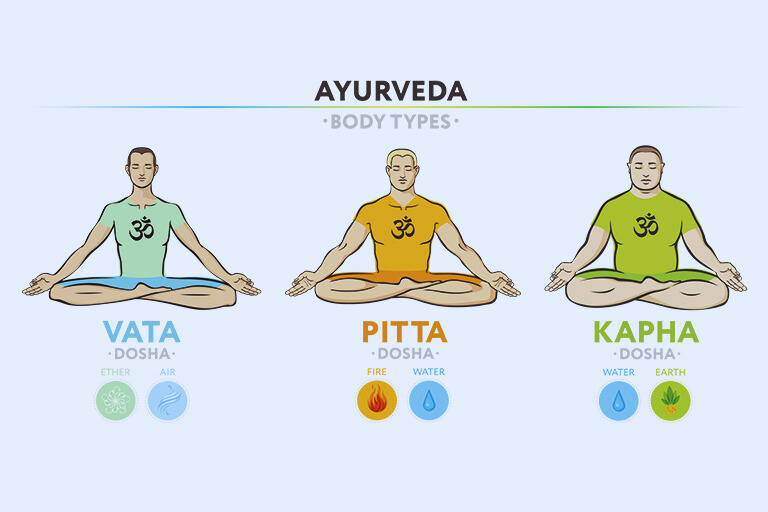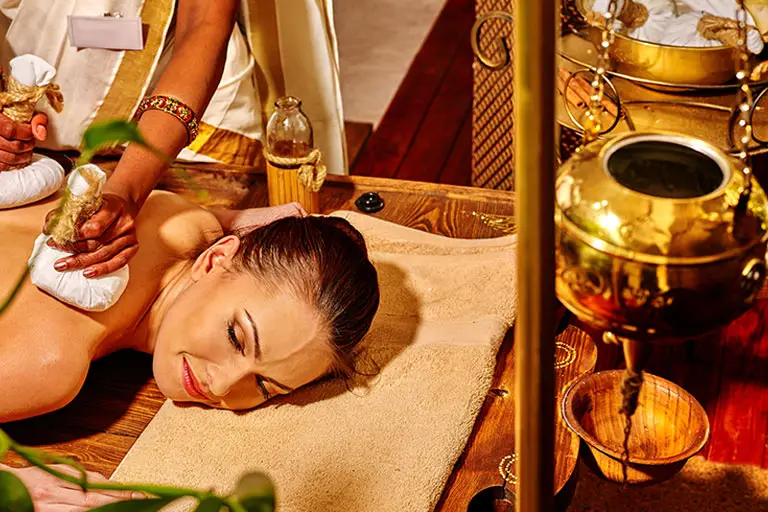Ayurveda is the perpetual science that speaks about quality living. The objective of Ayurveda is to maintain the health of the healthy ones and cure diseases. To achieve one such goal of maintaining health, Dinacharya is one of the means. The Sanskrit word Dinacharya is formed out of two words ‘dina’ and ‘charya’. Din means ‘daily’ and charya means ‘practice or routine’. People are creatures of habit and it offers a way to promote health and wellness through structure and organization. According to common people, Dinacharya means to follow certain things like waking up early in the morning, brushing teeth, etc whereas in ayurveda, along with these things there are different procedures mentioned to be followed like Nasya, Tambula, Abhyanga, Snana, etc. Dinacharya includes things that are mandatory to follow regularly so as to maintain a normal equilibrium of Dosha, Dhatu, Mala, and Agni.
Importance of dinacharya
Dinacharya, if followed properly, helps to establish balance in an individual’s constitution and thereby helps in regulating the biological clock. Also, it aids digestion, absorption, and assimilation and generates discipline, peace, happiness, and longevity. Dinacharya starts from waking up in the morning in Brahma Muhurta, Ushapana (water drinking), Mala-Mutra Visarjana (evacuation), Dantadavana (brushing), Kavala (gargling), Gandush (holding water in the mouth), etc. Following Dinacharya is important because most lifestyle disorders can be prevented by adopting it. Ayurveda is the science of life that emphasizes the restoration of the health of the individual rather than on the treatment of the disease.
What comes under Dinacharya
- Waking up in Brahma Muhurta
- Evacuation of the natural wastes
- Cleaning and brushing
- Scraping of tongue & washing mouth
- Application of collyriums
- Application of Nasya
- Holding and gargling of water in the mouth
- Herbal smoke inhalation
- Oil application on the body
- Vyayama (physical activities)
- Bathing
- Powder massage
Waking up in the Brahma Muhurta
Brahma muhurta is the 14th muhurta of ratri, which is approximately 96 minutes before sunrise, where the environment will be calm and rich in oxygen supply as this is the intermittent duration between respiration and photosynthesis for the plants. Thus, this period is considered apt for study purposes and to increase the freshness of the person
Evacuation of natural wastes
It is inevitable for the maintenance of proper health. Classically, materials of sweet, salty & sour tastes are not advised for the cleaning of the oral cavity as according to Ayurveda, mouth diseases are caused mainly by kapha dosha. So, this will help in preventing most oral diseases. Always use a soft brush and an astringent, pungent and bitter toothpaste or tooth powder for brushing teeth.
After brushing, tongue scraping should be done as it helps to eliminate bad odour, faulty taste, tastelessness, and inability to perceive taste.
After washing the mouth, face and eyes should be washed with fresh cold water or with the decoction of Indian gooseberry powder.
Application of collyrium
Ayurveda describes two types of collyriums – Souvira Anjana and Rasanjana
Souvira anjana is the type of collyrium that can be used daily, and it helps in maintaining the vision and overall health of the eye. It helps in preventing burning sensation, itching of eyes and watering of the eyes.
Nasya
It has a profound effect on the mind and respiratory system of the person. This can be done as a part of panchakarma and Dinacharya.
It is the application of warm medicated oil in both nostrils to prevent premature wrinkles and dryness of face, improve sleep and to reduce anxiety.
Further Read: Nasya Therapy In Panchakarma: Healing Through Detoxification
Kavala and Gandusha – gargling and holding fluid inside the mouth
Filling the mouth in the morning (Gandusha) with oil or medicated water daily and holding it until the eyes start watering is called Gandusha. This when done as a daily routine, enhances the sense of taste and maintains clarity in the voice. It also prevents tooth decay, gum bleeding, cracked lips and is good for strengthening the teeth and jaw
Kavala is the process of holding liquid in the mouth and making it move inside the mouth and spitting it out thereafter. It is usually done with some decoctions and it helps in improving digestion and preventing excessive salivation from the mouth.
Herbal smoke inhalation
Inhalation of medicinal smoke through the nose is called dhumapana. Herbal smoke should be inhaled through the nose and exhaled through the mouth only, otherwise it might damage the eyes. Daily practice of smoke inhalation prevents diseases of the upper clavicular region or reduces the severity of diseases if occurred. This practise also helps in strengthening the scalp hair, sense organs and voice. The gaseous form of medicine increases the bioavailability of it and gives faster results.
Abhyanga – application of oil on the body and scalp
Regular application of oil on the body according to the season strengthens the body. In the cold season, hot potency oils should be used for the massage and in hot seasons, the oil should be used for cold potency. This practice rejuvenates tissues, relieves tiredness and prevents premature ageing of skin and hairs.
While doing abhyanga; head, earlobes and the soles of the feet should be given proper care as it nourishes sense organs, improves sleep, and strengthens the body.
After the application of oil, one can indulge in some form of physical activity according to the strength of the individual. During winters, the activities can be done up to that level where the person feels half the strength is used and in summer and rainy seasons, activities should be minimal compared to that.
Bath
After doing proper oil application and leaving it on the body for a particular period of time, fresh water or hot water can be used according to season. Bathing is cleansing and refreshing. It removes sweat, dirt and fatigue, brings energy to the body and clarity to the mind. Hot water is contraindicated for head bath as it is not good for hair and eyes. Bath should not be taken immediately after consuming any meals because that will cause indigestion.
Udwarthanam – powder massage
This dry massage refreshes and stimulates the skin, aids in proper lymphatic drainage, enhances the blood circulation and helps in releasing the accumulated toxins. Unlike abhaynagar, the direction of strokes should be always towards your heart as this helps drain lymph back. Special herbal powders are used for this dry massage
In this era where people are in a hurry and running a fast lifestyle, principles of Dinacharya are most relevant. It is because of this negligence most lifestyle related diseases emerged. Dinacharya are some healthy habits which should be included as a lifestyle even in the busy schedules, if the person wants to be healthy. Ayurveda gives more emphasis on prevention of diseases, that’s why Dinacharya has been described in the context of daily regimen so that by following proper charyas the person will be well.


